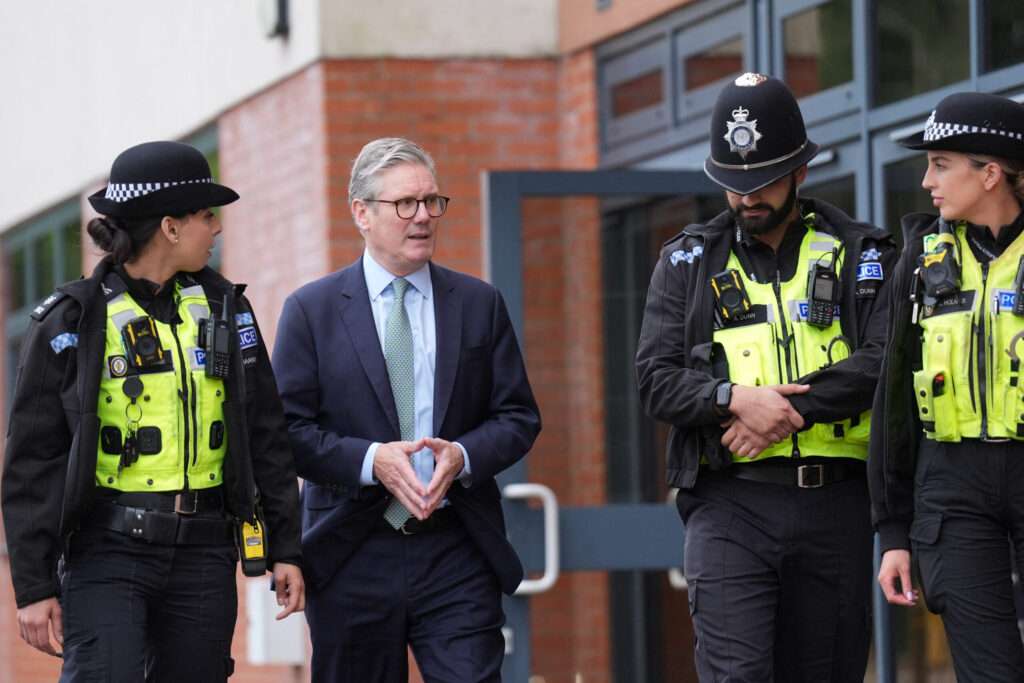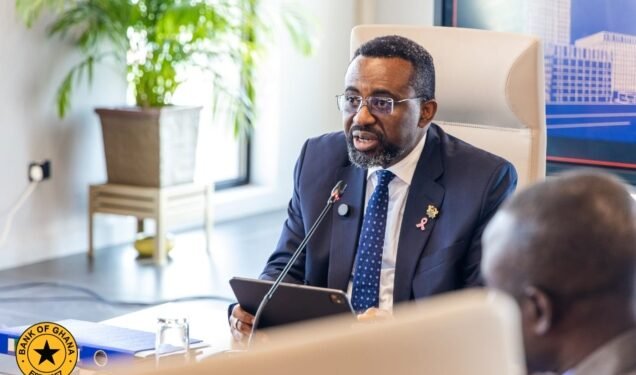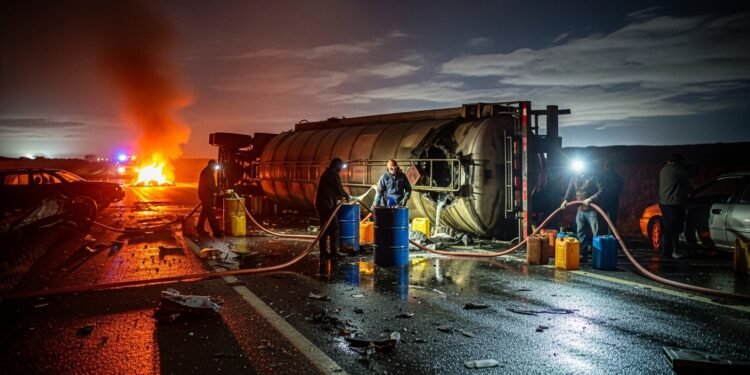A recent poll has revealed that nearly three-quarters of Britons are increasingly worried about the rise of rightwing extremism, following a wave of anti-migrant riots that has rattled the nation.
This growing concern is part of a broader unease about societal divisions, which has seen a marked increase in public anxiety over the past few months.
The survey, conducted by Ipsos, indicates that while the British public remains primarily concerned about the state of public services and the economy — 84% and 83%, respectively, expressed significant worry — there is a notable shift in focus toward extremism.
About 73% of respondents voiced concern over right-wing extremism, a sharp 11-percentage-point increase from March of this year. This spike in worry comes in the wake of the most significant civil unrest the UK has witnessed in a decade, following the tragic stabbing of three young girls during a dance class in Southport on July 29.
The perpetrator, 17-year-old Axel Rudakubana, was initially not named due to his age. However, misinformation quickly spread online, with far-right groups falsely claiming that the attacker was a Muslim refugee.
This false narrative, fueled by social media, further intensified public fears and contributed to the unrest seen in several towns and cities.
Interestingly, the poll also highlighted a rise in concerns about leftwing extremism, which saw a 7-percentage-point increase to 59%, and religious extremism, which now worries 74% of respondents, up by 9 points since March.
“These findings suggest a growing unease about extremism in various forms across the political spectrum.”– Ipso
The survey also paints a bleak picture of societal cohesion in the UK, with 85% of those surveyed believing that British society is deeply divided — an increase to the highest level recorded since 2019.
Only a minority, 11%, disagreed with this sentiment, underscoring the widespread perception of a fractured society.
When it comes to handling the riots, public opinion is divided. The police received a somewhat favorable assessment, with 57% of respondents believing they had done a good job, while 19% disagreed.
Politicians, on the other hand, were viewed less favorably; only 21% supported their response to the unrest, compared to 42% who opposed it.
Starmer Praised, Farage Criticized Amid Unrest
Labour leader Keir Starmer emerged as a notable exception among political figures. According to the poll, 39% of people felt Starmer had handled the situation well, while 29% thought otherwise.

In contrast, former UKIP leader Nigel Farage received more criticism than praise, with only 21% approving of his response to the disorder, while 48% disapproved.
Farage faced backlash during the riots for his online videos, in which he questioned whether the police had withheld information about the attacker’s identity and challenged the narrative that the far right was largely to blame for the violence. His comments were met with widespread disapproval, reflecting the public’s growing frustration with the politicization of such sensitive issues.
Social media companies also came under fire, with a significant 60% of respondents criticizing their handling of the riots, while only 12% felt they had managed the situation well. This reflects broader concerns about the role of social media in spreading misinformation and fueling unrest.
Finally, the poll revealed a disparity between national and local perceptions of crime. While 86% of respondents believe crime and antisocial behavior are major issues across the UK, only 40% feel the same about their neighborhoods.
Similarly, 72% think crime has increased nationally over the past year, but only 41% believe it has risen locally.
As such, these findings highlight the complex and often contradictory views Britons hold about safety and security in their communities.
READ ALSO: Executive Director for IDEG Addresses Concerns on Peace Pact Ahead of 2024 Elections






















